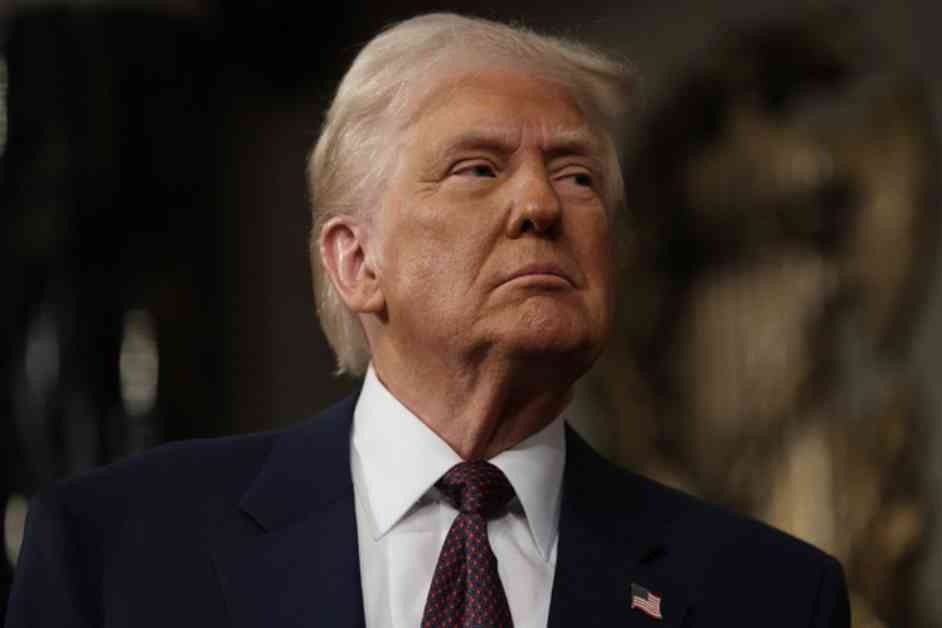US President Donald Trump has taken a bold stance by temporarily suspending military aid to Ukraine, signaling that the support may be reinstated if peace negotiations are initiated along with confidence-building measures. This decision was confirmed by White House national security adviser Mike Waltz, who expressed optimism about the potential for progress following a letter from Ukrainian President Volodymyr Zelensky expressing a willingness to engage in talks. The move comes after a tense encounter between Trump and Zelensky at the White House, leading to the suspension of over $1 billion in weapons and ammunition.
Optimism Amidst Uncertainty
Waltz lauded Zelensky’s letter as a positive first step towards dialogue, indicating ongoing discussions regarding the logistics of possible peace negotiations. While the specifics of these discussions, such as the date, location, and negotiating team, are still being ironed out, Waltz emphasized the importance of confidence-building measures to establish a foundation for constructive talks. He mentioned that the proposed measures would be presented to the Russians to gauge their response, underscoring the need for sincerity and commitment from both sides in pursuing peace.
The decision to halt military aid to Ukraine is a significant development with potentially far-reaching consequences, notably benefiting Russian President Vladimir Putin in the short term. The New York Times highlighted concerns that prolonged suspension of aid could embolden Putin to make further territorial gains, posing a threat to Ukraine’s security and stability. The situation presents a delicate balancing act, with Trump’s directive serving as a pivotal moment in US foreign policy, drawing comparisons to past instances of aid suspension while standing out for its uncompromising terms.
Implications and Reactions
The suspension of military aid has not only strained relations between the US and Ukraine but also created rifts within the broader NATO alliance. While countries like France, Germany, and Britain have affirmed their continued support for Ukraine, the shortfall resulting from the US aid pause poses significant challenges in the immediate context. This move underscores the complexities of international diplomacy and the delicate dance of power dynamics at play.
CIA Director John Ratcliffe’s confirmation of the pause in weapons shipments and intelligence sharing further underscores the gravity of the situation. The decision to halt intelligence cooperation with Ukraine, affecting not only the US but also its UK allies, adds another layer of complexity to the ongoing crisis. The restrictions on intelligence sharing could have profound implications for Ukraine’s defense capabilities and strategic positioning in the region, making the need for swift resolution all the more pressing.
As the situation continues to unfold, the clock is ticking for all parties involved to find common ground and chart a path towards sustainable peace. The stakes are high, with the fate of Ukraine hanging in the balance amidst shifting alliances and geopolitical tensions. The coming months will be critical in determining the trajectory of this conflict and the broader implications for international relations. Only time will tell how this high-stakes diplomatic standoff will ultimately play out, shaping the future of the region and beyond.

















